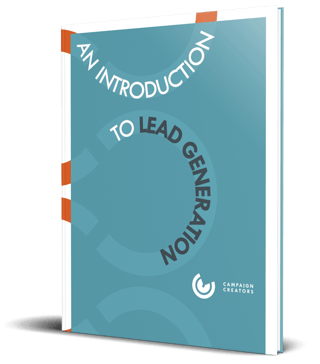I’m writing again about my experience within UPC’s M2m programme. It’s been a while since my first post on my debut as a mentor, and I’ve already had a few sessions with my Mentee.
One of the things I have been able to see in her, and that, in fact, is a recurring topic among the rest of the programme’s mentors, is our mentees’ fear of making decisions, or, more specifically, the fear of “making a mistake or making the wrong choice”.
At the beginning I was shocked by this fear because I think that there are no wrong decisions, I think there are just personal decisions that will take us either through a path of success or a path of learning (we usually learn more after a failure or difficult situations). We still don’t have a crystal ball to guess our future, so, a priori, there will be no wrong decisions and you will not know whether the discarded option was better than the one you finally chose. But let’s take a minute to try to remember and ask ourselves: when we were young, did we feel this uneasiness when confronting a decision such as which studies, university or first job to choose? I did, even though I must admit I didn’t remember having this feeling. Thinking about it helped me empathize with my Mentee and find tools that could help her arrange her ideas.
Fortunately, in the informal meeting we, the mentors, held back in February, another of the M2m programme’s mentors, Elena Montolí. explained to the rest of us that she had been using for a while the SWOT analysis as a tool to help mentees find out their strengths and their opportunities with the aim of reducing the fear of making the wrong decision.
I already knew about this tool, but I looked for examples on the internet and, with the information I found, and together with Elena Montolí’s advice, I prepared the SWOT analysis template that you can find here. What do you think about it? How would you improve it?
But, even if you explain to someone what a SWOT analysis is and how to use it, do you think it will help him/her forget about the fear of facing decision-making situations? How can you convince this person that there’s nothing to worry about even after reaching the conclusion that it was not the correct decision to make? I have told my mentee about some experiences of mine in which, theoretically, I made the wrong decision, but that, in the end, this decision turned into very valuable knowledge for me. Can you think of a better way of transmitting it?
In conclusion:
- Do you use a SWOT analysis for making decisions?
- Do you think that the SWOT analysis is useful for mentoring programmes?
- Which improvements would you suggest for my SWOT analysis template?
We can discuss this issue in my LinkedIn profile and talk about it more in detail. Your answers and comments will be very welcome.




